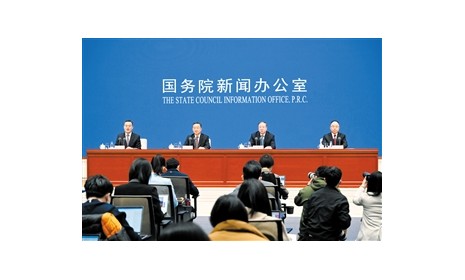食品伙伴网导读:双酚A被广泛用于制造聚碳酸酯塑料,包括材料,如婴儿奶瓶和锡罐衬里,这些材料会与食物接触,并一直与一些可能存在的健康问题相关。
欧洲食品安全局小组一直致力于得出对双酚A(BPA)的综合意见,其中包括调查双酚A对大鼠神经发育毒性(Stump 2009),丹麦DTU的食品研究所对双酚A进行风险评估咨询研究评价的,以及对双酚A的毒性综合文献综述和全面的结论。
原文报道:
EFSA reviews more than 800 studies on BPA, to finalise opinion in September
9 July 2010
Scientists on the European Food Safety Authority’s CEF[1] Panel have been working on a comprehensive opinion on bisphenol A (BPA) which includes an evaluation of the study investigating the neurodevelopmental toxicity of BPA in rats (Stump 2009), advice on the risk assessment of BPA carried out by the Danish DTU Food Institute, a comprehensive literature review on BPA toxicity, and overall conclusions.
BPA is widely used in the manufacture of polycarbonate plastics, including materials which come into contact with food, such as baby bottles and the lining of tin cans, and has been linked to a number of possible health problems.
For the literature review, the Panel retrieved more than 800 publications and the screening process has taken considerably more time than anticipated. At its Plenary on July 6-8, the Panel spent most of the time discussing elements in the studies and there was insufficient time to finalise and adopt the full opinion.
In a letter to the European Commission[2], EFSA has indicated that the Panel, in its deliberations to date, would maintain the Tolerable Daily Intake (TDI) for BPA at 0.05 mg/kg bw per day. At the same time, the Panel has identified areas of uncertainty, which were not considered of safety concern, but which merit further consideration.
The Panel has also considered the Stump study, which was the scientific basis on which Denmark banned BPA in materials in contact with food for children aged 0-3 years. The Panel has concluded that the study does not provide evidence of BPA affecting neurobehavioural endpoints included in the study design and would therefore not lead the Panel to consider changing the TDI for BPA. The Panel ruled out the possibility of a low dose effect on learning ability as expressed in the Danish DTU Food Institute risk assessment.
Members of the CEF Panel will continue to work on the opinion through the summer via teleconferences to finalise the full opinion and is scheduled to meet in an extraordinary Plenary in September to complete this work.
EFSA has held consultations with national experts from across Europe, as well as several international risk assessment authorities, on the subject of bisphenol A in recent months, including the design of scientific studies on BPA, toxicological aspects and the strengths and weaknesses of certain individual studies.
Similar issues – as well as details of new risk assessments and studies carried out around the world – have also been discussed with the U.S. Food and Drug Administration (FDA), Health Canada, Food Standards Australia New Zealand (FSANZ),the Food Safety Commission of Japan and the World Health Organisation (WHO). EFSA’s work on BPA will help inform a workshop on BPA being organised by the WHO in November.
日期:2010-07-10















